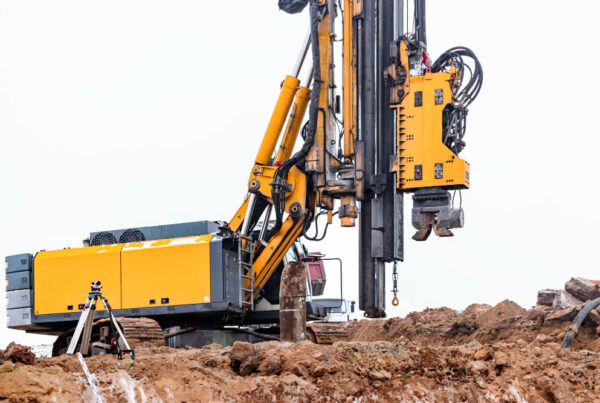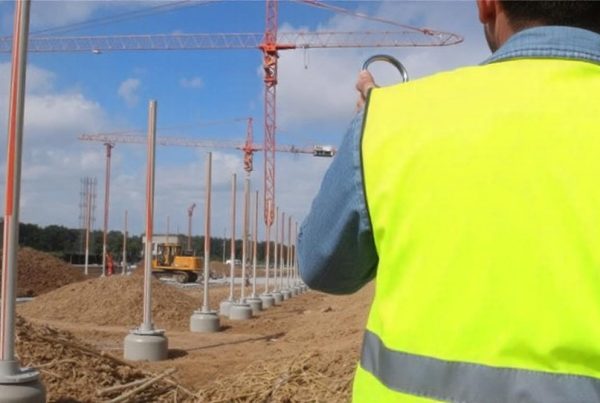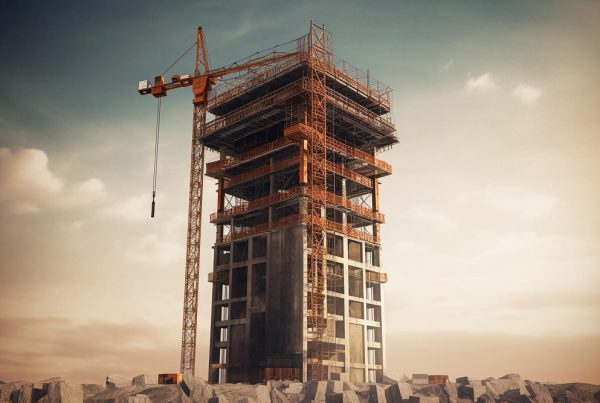As sustainability becomes a central focus in the construction industry, the demand for eco-friendly and durable solutions is growing. Foundation piles have long been a key component in supporting structures, especially in challenging soil conditions, but their role in promoting sustainable construction is now more apparent than ever. By reducing the environmental impact, minimizing resource consumption, and enhancing the longevity of buildings, foundation piles offer a modern and sustainable solution. In this article, we will explore the environmental benefits of foundation piles and why they are an ideal choice for modern, sustainable construction projects.
1. Minimal Land Disruption
One of the major benefits of using foundation piles is that they minimize land disruption during construction. Instead of excavating large areas of land to create a solid foundation, piles are driven deep into the ground to reach stable layers of soil or rock. This method reduces the need for excessive digging, thereby preserving the natural landscape and minimizing soil erosion. For environmentally sensitive projects, such as those near water bodies or in urban areas, foundation piles provide a less invasive option that helps protect surrounding ecosystems.
2. Efficient Use of Materials
Foundation piles can be constructed using a variety of materials, including concrete, steel, and timber, many of which can be sourced sustainably. Modern advancements in pile manufacturing and installation allow for more efficient use of these materials. For instance, steel piles can be made from recycled steel, and concrete piles can include supplementary cementitious materials (SCMs) such as fly ash or slag, which reduce the need for virgin materials. This not only lowers the overall carbon footprint of the construction project but also contributes to circular economy practices.
3. Longevity and Durability
Another factor that makes foundation piles a sustainable solution is their long lifespan and durability. Piles driven deep into stable soil layers provide strong and reliable support for structures over the long term. This reduces the likelihood of foundation failure and the need for costly repairs or replacements. Additionally, modern techniques, such as corrosion-resistant coatings for steel piles and advanced concrete mixes, enhance the durability of the piles, ensuring that they can withstand harsh environmental conditions and remain functional for decades.
4. Reduced Energy Consumption During Installation
Traditional foundation methods often require extensive excavation and the transportation of large volumes of soil, leading to high energy consumption and increased emissions. In contrast, pile foundations require less soil removal, and many modern pile-driving techniques, such as continuous flight auger (CFA) piling, produce minimal vibrations and noise. This not only reduces the energy required for installation but also minimizes the environmental impact of the construction process, making pile foundations a more sustainable choice for urban projects.
5. Flexibility and Adaptability
Foundation piles offer flexibility in design and application, making them suitable for a wide range of projects, from small residential homes to large commercial buildings. This adaptability ensures that the most appropriate type of pile can be used for each project, based on soil conditions and load-bearing requirements. In addition, pile foundations can be integrated with other sustainable building techniques, such as renewable energy systems or green building certifications, further enhancing the overall sustainability of the project.
Conclusion
Foundation piles offer a sustainable solution for modern construction projects by minimizing environmental impact, reducing material consumption, and providing long-lasting support. With advancements in materials and installation methods, piles are becoming an increasingly eco-friendly choice for builders looking to meet the demands of sustainable development. As the construction industry continues to evolve, foundation piles will play a crucial role in shaping the future of sustainable building practices.





